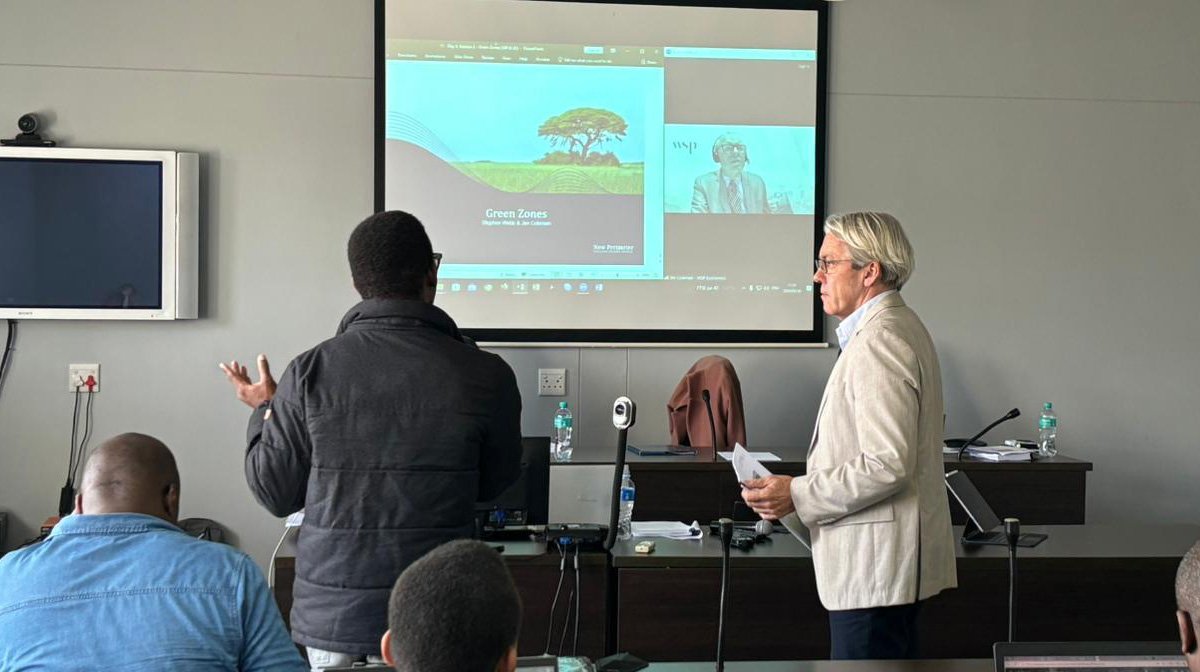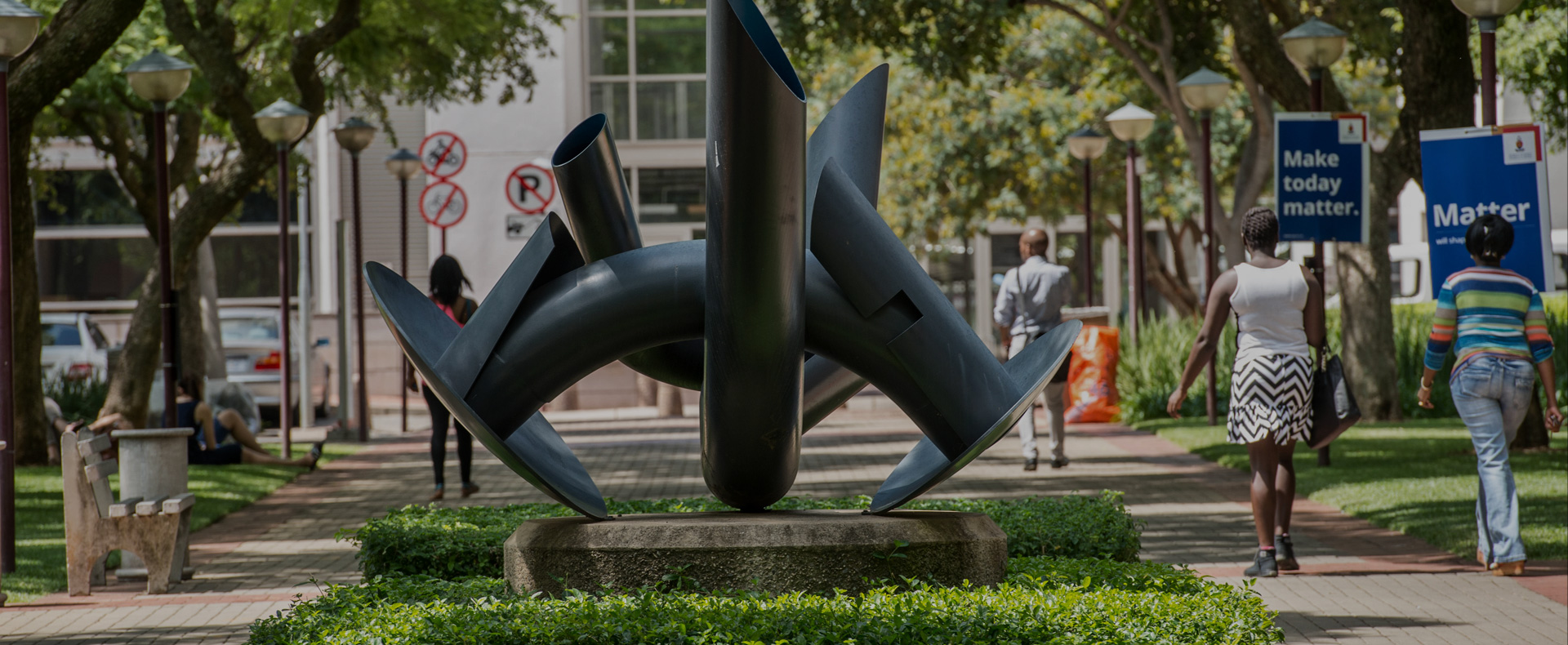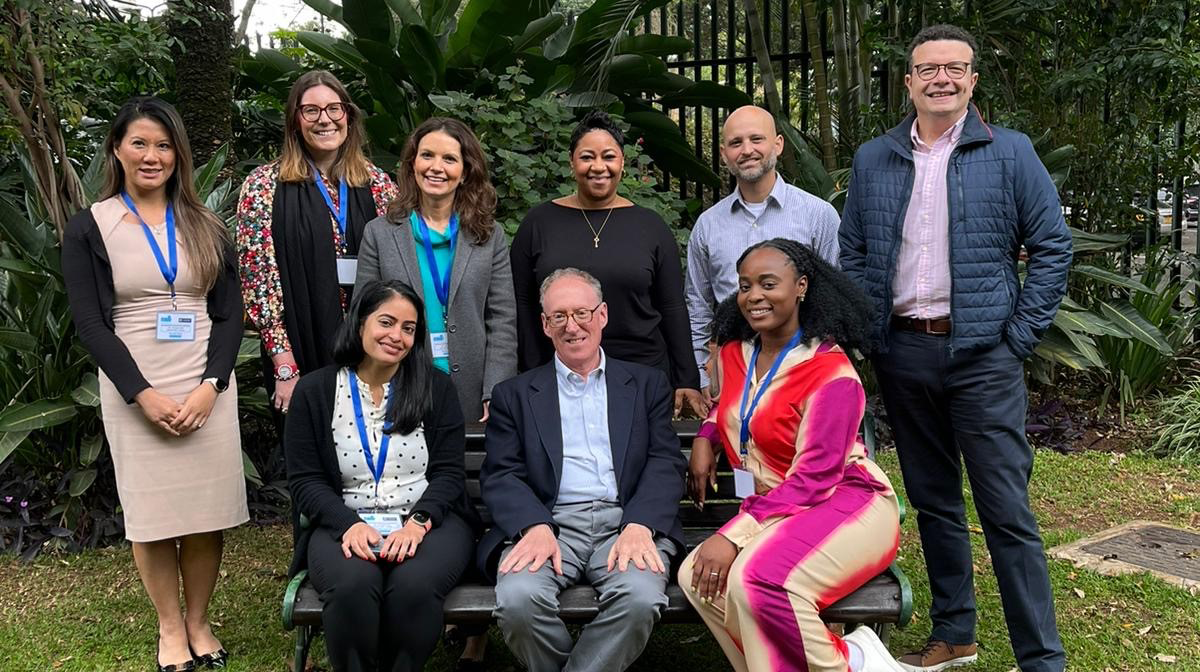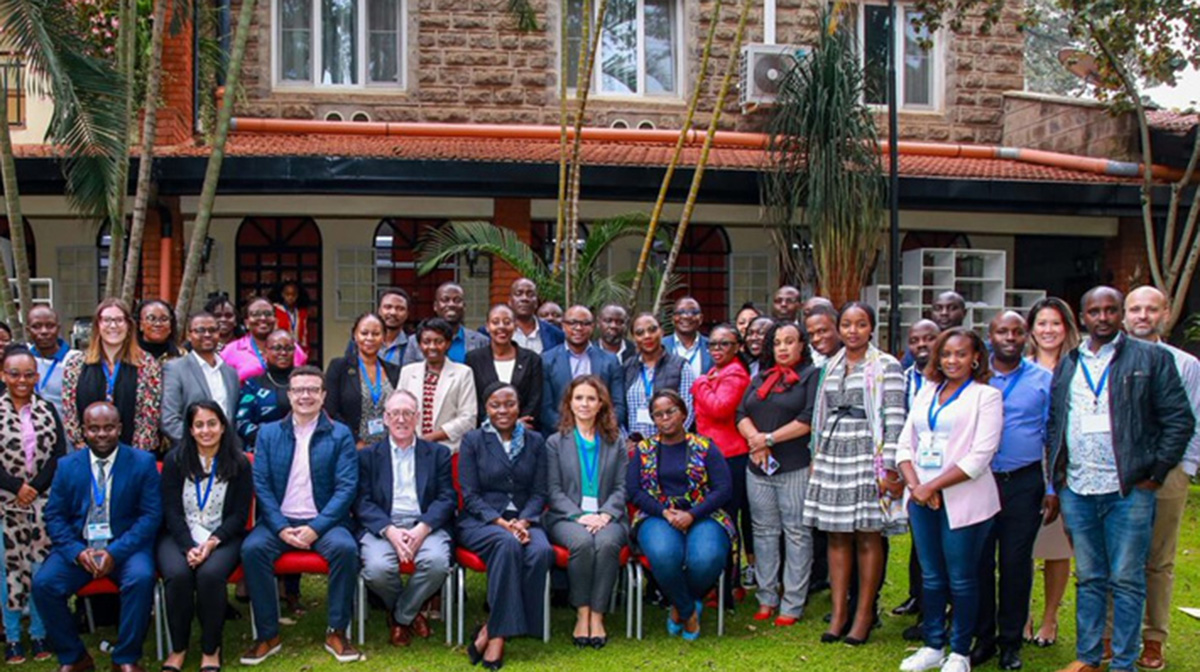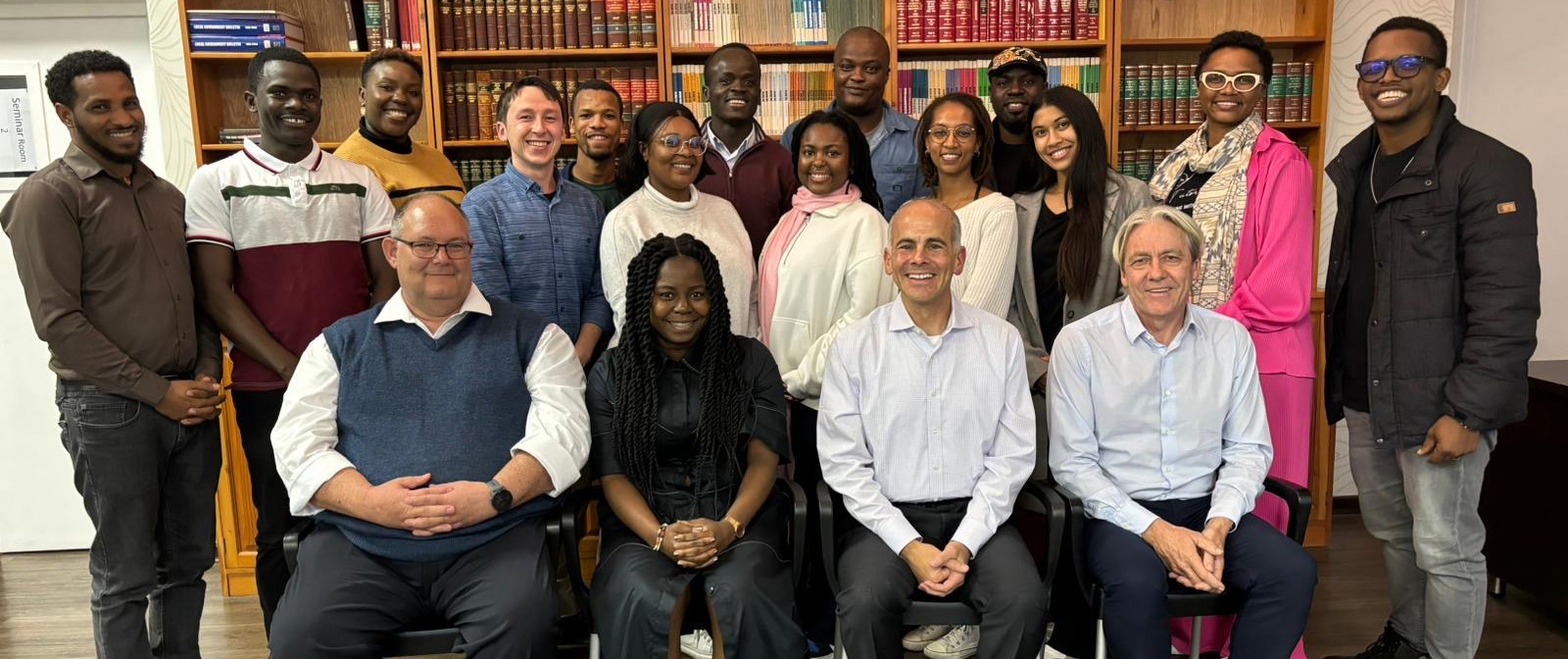In the last week of May, I had the privilege of travelling to Cape Town, South Africa to teach a one-week Special Economic Zones Course. The Course was delivered to students undertaking an LLM in International Trade, Investment and Business Law at the University of the Western Cape. I was joined by my DLA Piper colleagues Stephen Webb (Partner, Brisbane), Jeremy Lustman (Partner, Tel Aviv and Washington DC) and André Visser (Partner, Johannesburg). We were also joined (virtually) by five guest lecturers from the firm’s network of SEZ experts. Together, we taught 14 extraordinary students from around the continent with diverse professional backgrounds and a keen interest in learning about SEZs.
I was first introduced to SEZs when I started working at DLA Piper three years ago in Stephen Webb’s team. An SEZ is a designated area within a country subject to a distinct economic and regulatory regime. The economic policies and incentives that apply within a zone are more investor-friendly and are designed to attract foreign investment, contribute to economic development, and upskill the local economy, among myriad other social, economic, and political goals.
SEZs are not strangers to African countries, but many zones in the region have struggled to fulfil their grand promises of providing economic stability. This is one of the reasons why I was excited to be involved in the SEZ Course this year. While I had some experience teaching undergraduate economics courses during my university studies, understanding SEZs and optimising their effectiveness involves an exploration of international trade dynamics, human rights considerations, international dispute settlement and many other areas that I personally find fascinating.
Most importantly, I had the opportunity to interact with a group of young people who, like me, have tremendous faith in Africa’s economic potential despite its current institutional challenges. It was truly valuable hearing their unique perspectives and experiences. Beyond the planned Course content, we had robust discussions with the students about topics ranging from ethical business practices, how African countries can drive the renewable energy transition, corruption, how emerging economies can attract foreign investment while still maintaining their unique cultural identities, innovation in conditions of scarcity, tribal divisions, the role of supranational African organisations, and of course the (then) upcoming South African election
As a Nigerian-Australian, I felt immensely lucky that I could pick the brains of 14 people who are undoubtedly the kinds of leaders that the African continent needs. I’m sure I learned far more from them than they did from me.
My co-lecturers and I were blown away by the students’ final presentations advising on the implementation of an SEZ in a particular African country. While some students were initially sceptical of SEZs as an economic tool, the Course encouraged them to view SEZs with an open mind and armed them with the knowledge to design, recommend and implement laws and policies that catalyse sustainable development in the continent. I look forward to seeing the impact that they each make.
Another highlight was the spectacular natural scenery in Cape Town. The Cape of Good Hope, the penguins at Boulders Beach, and the iconic views of Table Mountain, Lion’s Head and Devil’s Peak were absolutely breath-taking! I will definitely be back.
I’m incredibly grateful to the New Perimeter Program (especially to Suzanna Brickman and Lorraine Bell!) for facilitating in-person delivery of the Course this year. It was a remarkable experience and one that I never thought would be available to me less than two years post-graduation. I am also grateful to Associate Professor Riekie Wandrag and her LLM class for being such fantastic hosts while we were in Cape Town.
